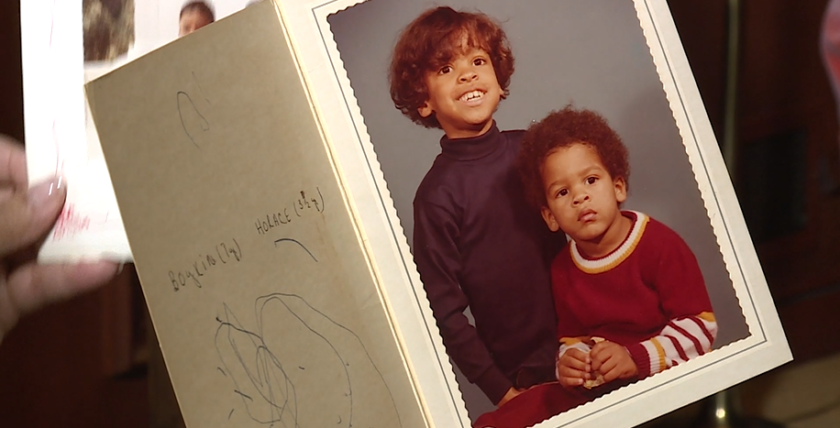
How does SCD affect the oral health of children?
Children with SCD may present anemia, repeated infections, and shortness of breath. Also, they might episodes of pain. These manifestations of the condition need to be taken into consideration when treating children with SCD.
Dental characteristics of Sickle Cell Disease:
Delayed teeth eruption.
Enamel Hypoplasia (Softening of the outer-most layer of the teeth).
Malocclusion (abnormal alignment of the teeth.)
Periodontitis (condition that affects the gingiva and bone around the teeth).
Dental Management and Prevention
Prevention is essential in managing the dental health of the child with SCD. Scheduling your child for early professional dental examinations as well as following a more frequent dental schedule is recommended.
Tips for Proper Dental Hygiene
- Use sugar free medication.
- Apply topical fluoride and visit the dentist every 6 months.
- Parents should begin brushing when the first baby tooth erupts and should assist their child in brushing until the child reaches 8 years of age.
- Use fluoridated toothpaste; for children under 3 years old use a smear amount of fluoridated toothpaste and for children above 4 years old use a pea size amount.
- Parents should monitor dietary practices (i.e. avoid prolonged use of bottle, reduce amounts of sugar consumed, reduce frequency of sugar consumed)
Preparing an SCD Child for a Dentist Appointment
Discuss the medications currently being taken with the child’s dentist. Antibiotics might be recommended if the child has a compromised splenic function. A medical clearance from the child’s hematologist or primary care physician might be needed prior to treatment.
Dental treatment done in office might be divided in multiple appointments to avoid prolonged dental procedures. In some cases, inhalation sedation might be useful, ask the dentist about this option. If the child requires general anesthesia it is recommended that this be done in a hospital setting.



